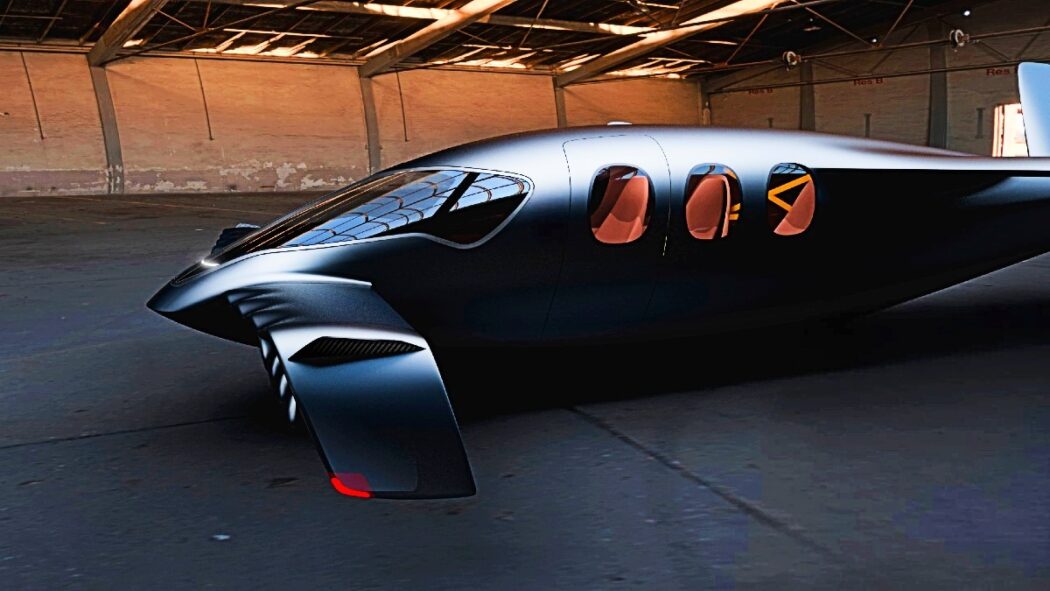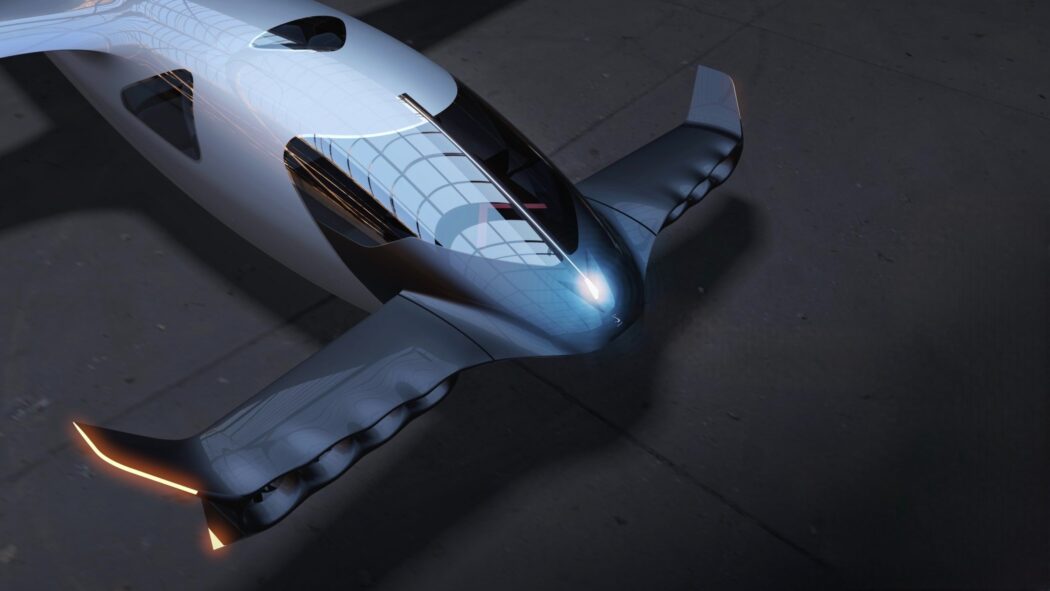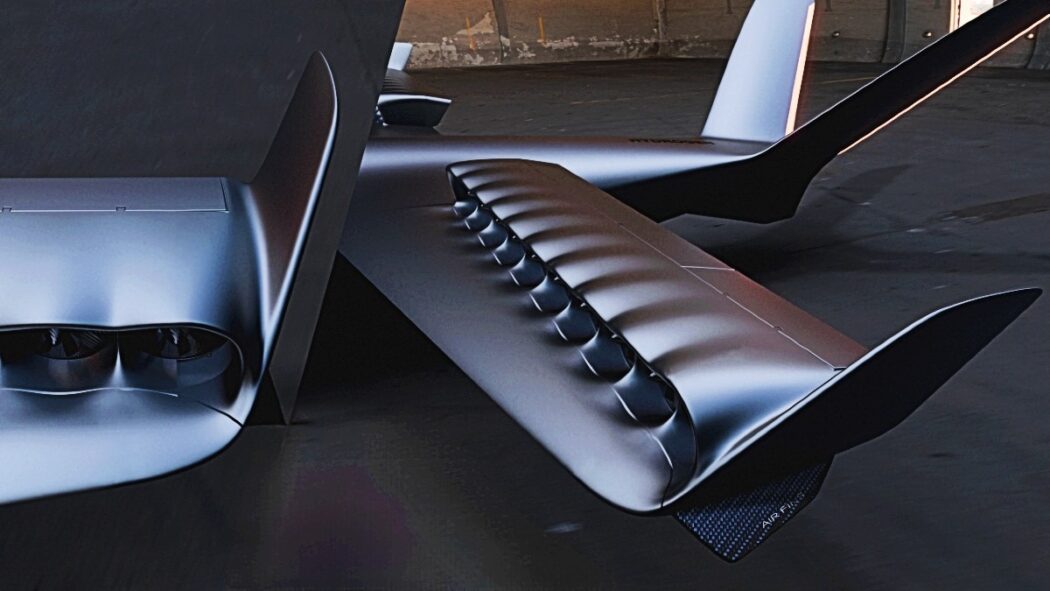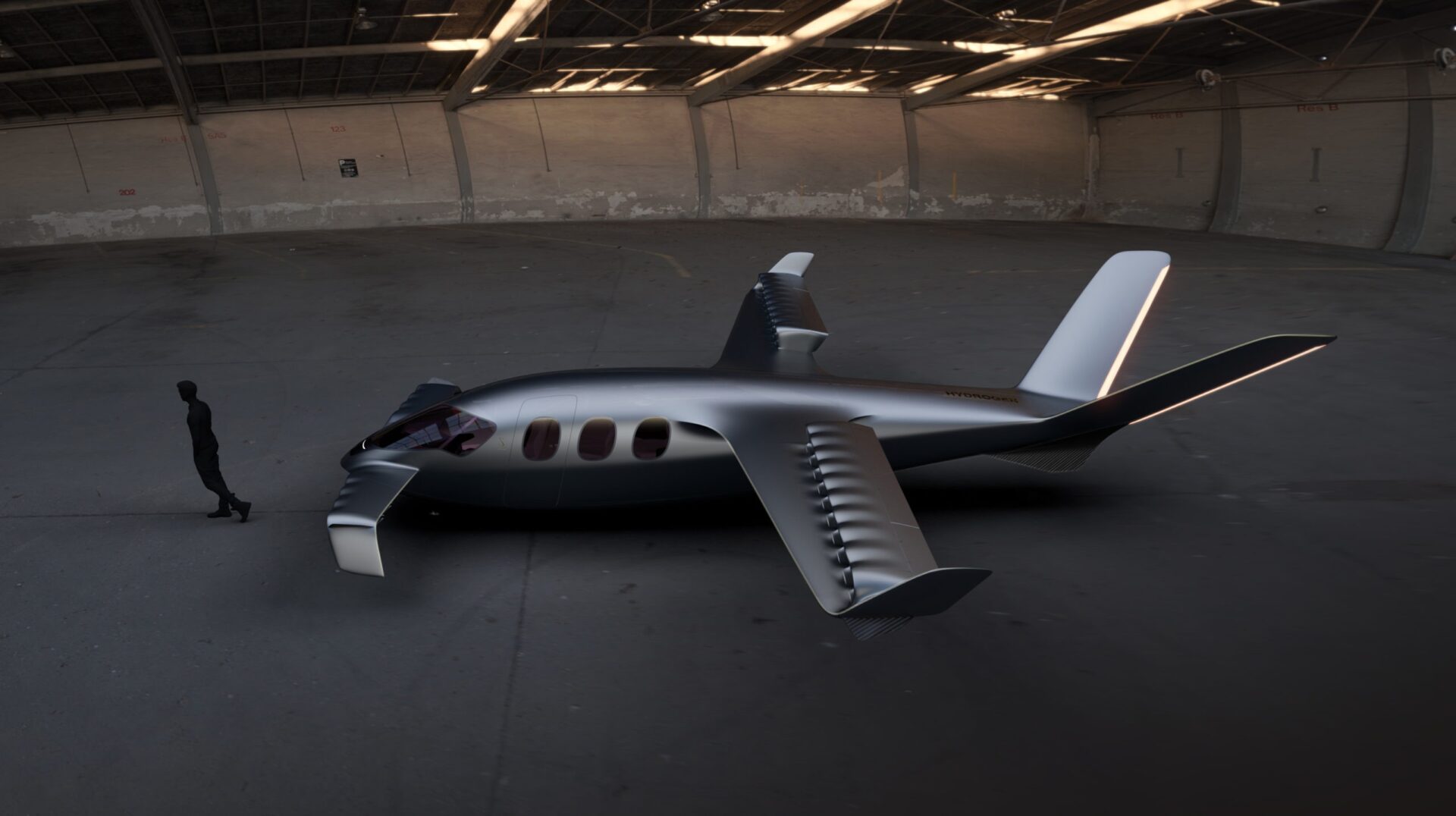In the realm of aviation propulsion, hydrogen stands out as an unlikely frontrunner for early adoption. However, Swiss-based company Sirius is defying expectations with its ambitious plan to initiate flight tests of a hydrogen-powered business jet by 2025.
Recently, Sirius unveiled its Sirius Business Jet and its commercial counterpart, the Sirius Millennium Jet, accompanied by a groundbreaking hydrogen-electric propulsion system featuring ducted fans. CEO Alexey Popov elaborated on the company’s development roadmap and certification timeline in an interview with Robb Report.

Similar to many electric vertical takeoff and landing (eVTOL) designs, the Sirius Business Jet will offer vertical takeoff capabilities and incorporate shifting rotors for forward flight. Embracing zero carbon emissions akin to electric aircraft, this innovative jet promises an extended range and impressive top speed. Popov emphasized the significance of the recently revealed engine, heralding it as a sustainable technology aligning with aviation’s goal of carbon neutrality by 2050.
While hydrogen-powered aircraft remain scarce, they are not entirely novel. Historic milestones include a 1957 flight of a Martin B-57B utilizing hydrogen in place of jet fuel, followed by Boeing’s 2007 test of a Diamond DA20 powered by a fuel cell. More recently, in 2016, the experimental Antares DLR-HY4 completed successful flight tests on a hydrogen fuel cell. Last January, ZeroAvia made headlines by flying a Dornier 228 equipped with a prototype hydrogen-electric powertrain.
Sirius aims to make history by delivering the first purpose-built hydrogen-electric jet, distinct from experimental prototypes or retrofitted airframes. The Sirius Business Jet will eschew hydrogen fuel cells in favor of liquid hydrogen stored in cryogenic tanks, driving electric motors supplemented by a lithium-ion battery backup. Popov highlighted the utilization of proven off-the-shelf technology across most components, with the powertrain unveiling serving as the final piece of the puzzle.
In collaboration with BMW Designworks, Sirius spearheaded the design of the hydrogen powertrain and ducted fan system, with renowned designer Tommy Forsgren leading the charge. The interior and exterior design, overseen by Forsgren and his team, represent a seamless blend of innovation and elegance. Partnerships with Sauber Group F1 and Leonardo Aerostructures further enhance the project’s credibility and expertise.

The Sirius Business Jet is designed to accommodate a pilot and up to three passengers, while the Millennium Jet version expands seating capacity to five passengers. Featuring multiple ducted jet fans distributed along the wings and a distinctive flared tail, the design exudes both functionality and aesthetic appeal.
Hydrogen’s superior power density affords the Business Jet an impressive range of 1,150 miles, facilitated by extended fuel tanks. Operating at a designated maximum cruise speed of 323 mph, the jet promises not only zero carbon emissions but also minimal noise emissions, equivalent to the ambiance of a restaurant conversation. The Millennium Jet offers a slightly reduced range of 650 miles, maintaining the same cruise speed and noise level.
Sirius’s ambitious timeline includes the construction of a full-scale prototype slated for completion by the second or third quarter of the current year. Initial hovering tests and horizontal flight trials are scheduled for late 2024, with multiple full-scale airframes slated for production and extensive flight testing in 2025. Concurrently, development efforts will focus on electric motors and blades.
Looking ahead, Sirius targets certification by the Federal Aviation Administration by the fourth quarter of 2027, positioning the U.S. market as a primary focus. While initial production will commence in Switzerland, long-term plans entail establishing a production facility in the U.S. The company anticipates delivering its inaugural jets to customers by the first quarter of 2028.

Momentum is building for Sirius, evidenced by pre-orders from Mehair in India for 100 jets valued at approximately $400 million. These orders reflect a strategic partnership between Sirius and Mehair, with plans to develop franchise models for India, underscoring the global appeal and market potential of hydrogen-powered aviation.
While Sirius’s venture represents a pioneering leap in regional travel, challenges lie ahead in proving the concept’s viability. As phase one nears completion, subsequent phases will involve scaling up production and rigorous flight testing. Sirius anticipates unveiling further developments later this month, underscoring its commitment to innovation and progress in the aviation industry.



